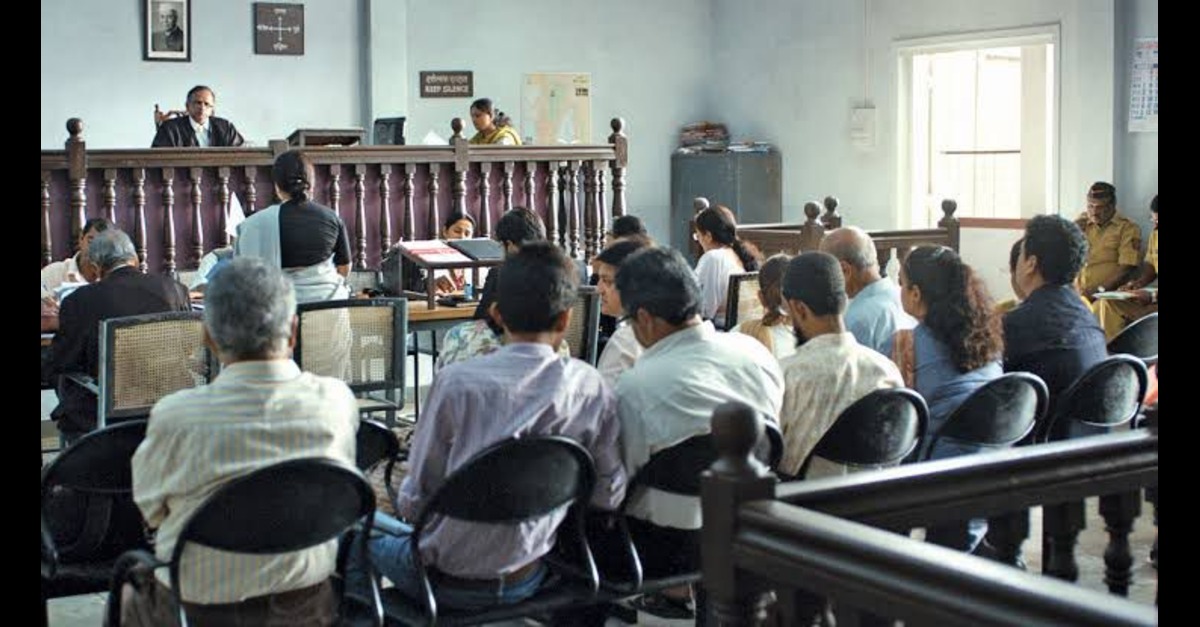CASE NAME: Central Bureau of Investigation Vs Surendra Patwa & Ors
CASE NUMBER: SLP (Crl.) No. 7735 of 2024 & Connected Matters
DATE: April 25, 2025
QUORUM: J. M. M. Sundresh, J. Rajesh Bindal
FACTS OF THE CASE
The case facts involve the Reserve Bank of India issuing Master Directions on Frauds in 2016 to make early detection and reporting of frauds mandatory. Following these guidelines, banks tagged certain companies’ accounts as fraud and then lodged complaints with the CBI. Feeling aggrieved by these administrative orders and subsequent criminal proceedings, the respondents moved several High Courts.
The High Courts has quashed both the administrative orders and the criminal cases based was based on only one reason. The reason being non-compliance of the principles of natural justice as it was established that no opportunity was being given for the other party to be heard was provided prior to holding the accounts as fraudulent and the same is in direct violation of the audi alteram partem principle. In doing so, the respondents’ FIRs and criminal cases were also quashed, giving rise to the current appeals by the CBI.
ISSUES
- Whether the High Court was right in quashing the FIRs?
- Whether the criminal proceedings on the basis of denial of natural justice in administrative decisions valid?
LEGAL PROVISIONS
- RBI Master Directions on Frauds – Classification and Reporting by Commercial Banks and Financial Institutions, 2016
- Principle of Audi Alteram Partem (hear the other side)
- Relevant sections from Code of Criminal Procedure, 1973
APPELLANT CONTENTIONS
The CBI pleaded that administrative and criminal proceedings are different, and quashing of administrative action does not necessarily invalidate criminal proceedings. It was also submitted that High Courts misinterpreted the Supreme Court judgment in the case of Rajesh Agarwal. They argued that even if administrative actions were procedurally flawed, the presence of a cognizable offence made the FIRs and the following criminal proceedings warranted. Moreover, CBI also noted that they were unheard or even brought on record as a party to a number of High Court proceedings, rendering orders susceptible to be set aside.
RESPONDENT CONTENTIONS
The respondents urged that the High Courts were right to rely upon Rajesh Agarwal’s case. As the concerned parties were not heard in declaring the accounts fraudulent, any resulting action based on such classification, i.e., criminal complaints, was tainted. They argued that both the administrative action and the consequential criminal proceedings were interdependent and that once the former became void, the latter was unable to hold.
JUDGEMENT
The Hon’ble Supreme Court allowed the appeals filed by the CBI. It ruled that administrative and criminal proceedings operate in distinct domains. Setting aside administrative actions for violating principles of natural justice does not automatically invalidate criminal proceedings, especially when criminal law permits FIR registration upon detection of a cognizable offence.
The Court explained that no chance of hearing is required prior to lodging an FIR. It held that the High Courts had wrongly quashed FIRs on grounds of procedural faults in administrative orders and overstepped their jurisdiction. The Supreme Court cancelled the challenged judgments and revived the FIRs and criminal proceedings, referring the matters to the respective High Courts for de novo consideration.
ANALYSIS
The decision reaffirmed two important principles. First, administrative measures and criminal proceedings are distinct, although based on the same facts. Non-compliance with natural justice principles in administrative cases does not nullify the presence of a cognizable criminal offence. Second, the importance of differentiating administrative penal sanctions from criminal liability was highlighted, particularly in light of the fact that criminal prosecution has the general aim of justice.
The Court’s categorization of appeals on the basis of the nature of High Court errors guarantees efficient rectification. It also heard the CBI’s complaints regarding procedural faults in High Court hearings and ordered the proper remedial steps, such as rehearing and guaranteeing CBI’s representation.
CONCLUSION
This ruling strongly emphasizes that enforcement of criminal law cannot be brought to a standstill just because of administrative shortcomings. By reviving the FIRs and criminal proceedings, the Court ensured the integrity of criminal investigations and elucidated the distinction between civil and criminal liabilities. The ruling strengthens procedural rigour and highlights the balance between administrative fairness and criminal justice so that technical administrative flaws do not allow fraudulent activity to escape criminal attention.
PRIME LEGAL is a full-service law firm that has won a National Award and has more than 20 years of experience in an array of sectors and practice areas. Prime legal falls into the category of best law firm, best lawyer, best family lawyer, best divorce lawyer, best divorce law firm, best criminal lawyer, best criminal law firm, best consumer lawyer, best civil lawyer.”
WRITTEN BY LALITHA SASANKA G


